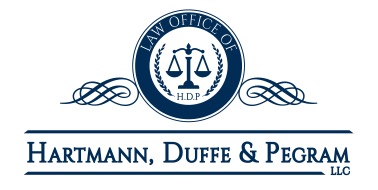BANKRUPTCY
WHAT IS CHAPTER 7 BANKRUPTCY?
Chapter 7 Bankruptcy is the simplest form of bankruptcy. It is “liquidation” and is designed to discharge debt. Specifically, it discharges unsecured debt, such as credit card bills, medical bills and payday loans. The bankruptcy trustee will collect all of the property that is not exempt and sell it to pay off creditors. If all of the property is exempt, the trustee will not have anything to sell. After this is done, the debtor will no longer owe the creditors any money. Debtors may be able to keep their houses and cars in Chapter 7 Bankruptcy, but they must continue to pay the loans for this property as if they had not declared bankruptcy. This is called reaffirmation of the debt. Debtors may also surrender the property and not have to pay any more on the debt. In some situations, the debtor may pay what the property is now worth and keep the property, which is called redeeming.
CAN MY CREDITORS CONTINUE TO HARASS ME?
As soon as your bankruptcy is filed, an automatic stay goes into effect, and most creditors must stop trying to collect from you. Any debt they are able to collect will be through the bankruptcy court. We can help make sure your creditors do not try to continue to collect from you.
WILL I BE ABLE TO KEEP ANY OF MY PROPERTY?
A person is allowed to keep some property and still go through bankruptcy. These are called exemptions. In Missouri, some of the major exemptions include a limited amount of equity in your home, car and household goods and furnishings. If you consult with our attorneys, we will discuss the exemptions that may be available to you.
HOW WILL BANKRUPTCY AFFECT MY CREDIT?
Bankruptcy may have a significant impact on your credit. In general, a bankruptcy will stay on one’s credit report for 10 years. This may affect your ability to get credit or even to get employment. This does not mean, however, that one cannot purchase a home, rent an apartment, buy a car, or even get a credit card within a few years of bankruptcy. However, those who are newly bankrupt should be very cautious about obtaining any new credit shortly after bankruptcy.
WILL ALL OF MY DEBTS BE DISCHARGED IN BANKRUPTCY?
There are some debts that will not be discharged in bankruptcy. These include debts involving fraud, accidents involving drunken driving, student loans, taxes, alimony and child support. Also, certain credit card transactions made within six months of bankruptcy may not be able to be discharged.

.png) Hartmann, Duffe & Pegram
Hartmann, Duffe & Pegram

